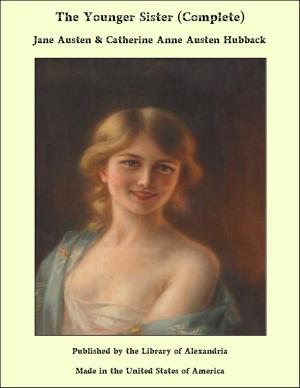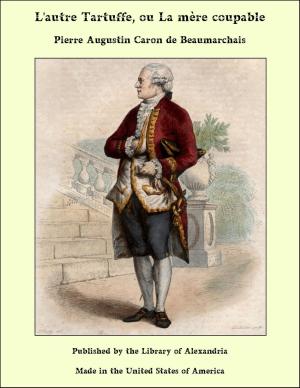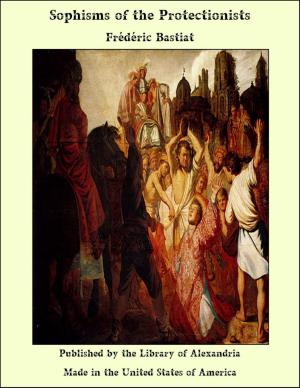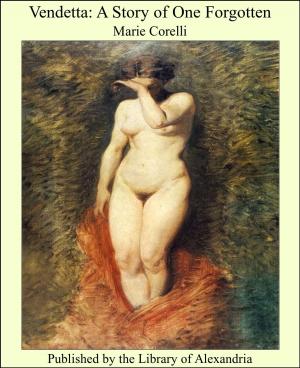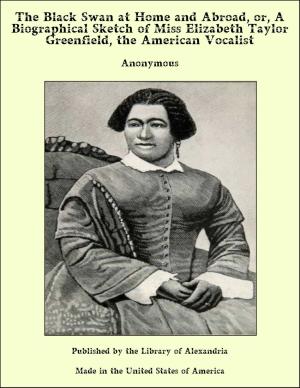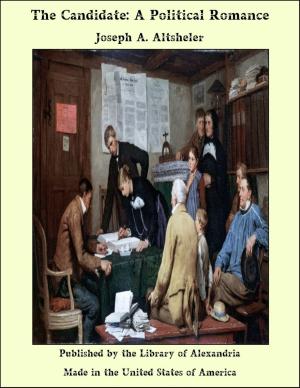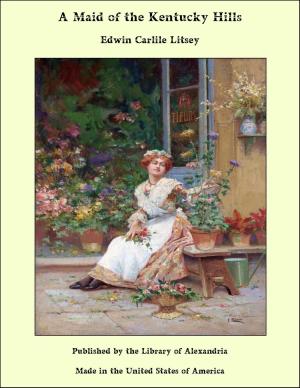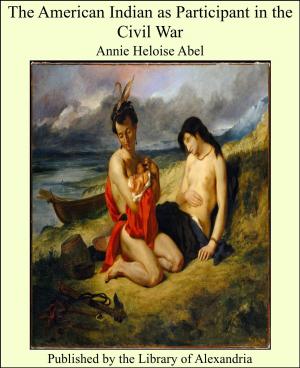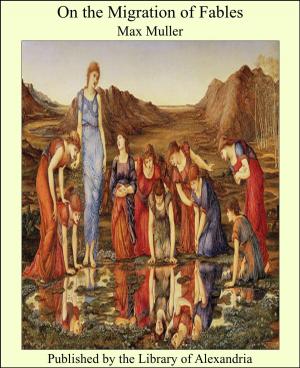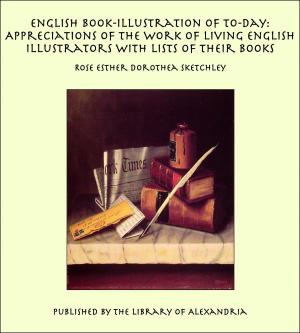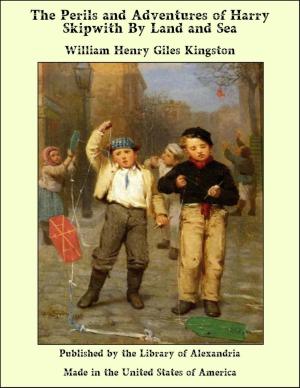Comic Bible Sketches Reprinted from "The Freethinker"
Nonfiction, Religion & Spirituality, New Age, History, Fiction & Literature| Author: | George William Foote | ISBN: | 9781465613288 |
| Publisher: | Library of Alexandria | Publication: | March 8, 2015 |
| Imprint: | Language: | English |
| Author: | George William Foote |
| ISBN: | 9781465613288 |
| Publisher: | Library of Alexandria |
| Publication: | March 8, 2015 |
| Imprint: | |
| Language: | English |
English literature has its Comic Histories, its Comic Grammars, its Comic Geographies, and its Comic Law-Books, and Carlyle once prophesied that it would some day boast its Comic Bible. Tough as the fine old Sage of Chelsea was, he predicted this monstrosity with something of the horror a barbarian might feel at the thought of some irreverent fellow deliberately laughing at the tribal fetish. But what shocked our latter-day prophet so greatly in mere anticipation has partially come to pass. "La Bible Amusante" has had an extensive sale in France, and the infectious irreverence has extended itself to England. Notwithstanding that Mr. G. R. Sims, when he saw the first numbers of that abominable publication, piously turned up the whites of his eyes, and declared his opinion that no English Freethinker, however extreme, would think of reproducing or imitating them, there were found persons so utterly abandoned as not to scruple at this unparalleled profanity. Several of the French drawings were copied with more or less fidelity in the Freethinker, a scandalous print, as the Christians love to describe it, which has been prosecuted twice for Blasphemy, and whose editor, proprietor and publisher, have been punished respectively with twelve, nine and three months' imprisonment like common felons, all for the glory and honor of God, for the satisfaction of his dear Son, and for the vindication of the Holy Spirit. In many cases the French originals could not be reproduced in England, owing to their Gallic flavor. A Parisian artist, disporting himself among those highly moral histories in the Bible which our youths and maidens discover with unerring instinct, was not a spectacle which one could dare to exhibit before the pious and chaste British public; any more than an English poet could follow the lead of Evariste Parny in his "Guerre des Dieux" and "Les Amours de la Bible." But many others were free from this objection, and a selection of them served as a basis for the Freethinker artist to work on. A few were copied pretty closely; some were elaborated and adapted to our national taste; while others furnished a central suggestion, which was treated in an independent manner. By-and-bye, as the insular diffidence wore off, and the minds of the Freethinker staff played freely on the subject, a new departure was taken; novel ideas were worked out, and Holy Writ was ransacked for fresh comicalities. Dullards prophesied a speedy exhaustion of Bible topics, but they did not know how inexhaustible it is in absurdities. Properly read, it is the most comical book in the world; and one might say of it, as Enobarbus says of Cleopatra, that Age cannot wither it, nor custom stale; it's infinite variety.
English literature has its Comic Histories, its Comic Grammars, its Comic Geographies, and its Comic Law-Books, and Carlyle once prophesied that it would some day boast its Comic Bible. Tough as the fine old Sage of Chelsea was, he predicted this monstrosity with something of the horror a barbarian might feel at the thought of some irreverent fellow deliberately laughing at the tribal fetish. But what shocked our latter-day prophet so greatly in mere anticipation has partially come to pass. "La Bible Amusante" has had an extensive sale in France, and the infectious irreverence has extended itself to England. Notwithstanding that Mr. G. R. Sims, when he saw the first numbers of that abominable publication, piously turned up the whites of his eyes, and declared his opinion that no English Freethinker, however extreme, would think of reproducing or imitating them, there were found persons so utterly abandoned as not to scruple at this unparalleled profanity. Several of the French drawings were copied with more or less fidelity in the Freethinker, a scandalous print, as the Christians love to describe it, which has been prosecuted twice for Blasphemy, and whose editor, proprietor and publisher, have been punished respectively with twelve, nine and three months' imprisonment like common felons, all for the glory and honor of God, for the satisfaction of his dear Son, and for the vindication of the Holy Spirit. In many cases the French originals could not be reproduced in England, owing to their Gallic flavor. A Parisian artist, disporting himself among those highly moral histories in the Bible which our youths and maidens discover with unerring instinct, was not a spectacle which one could dare to exhibit before the pious and chaste British public; any more than an English poet could follow the lead of Evariste Parny in his "Guerre des Dieux" and "Les Amours de la Bible." But many others were free from this objection, and a selection of them served as a basis for the Freethinker artist to work on. A few were copied pretty closely; some were elaborated and adapted to our national taste; while others furnished a central suggestion, which was treated in an independent manner. By-and-bye, as the insular diffidence wore off, and the minds of the Freethinker staff played freely on the subject, a new departure was taken; novel ideas were worked out, and Holy Writ was ransacked for fresh comicalities. Dullards prophesied a speedy exhaustion of Bible topics, but they did not know how inexhaustible it is in absurdities. Properly read, it is the most comical book in the world; and one might say of it, as Enobarbus says of Cleopatra, that Age cannot wither it, nor custom stale; it's infinite variety.

